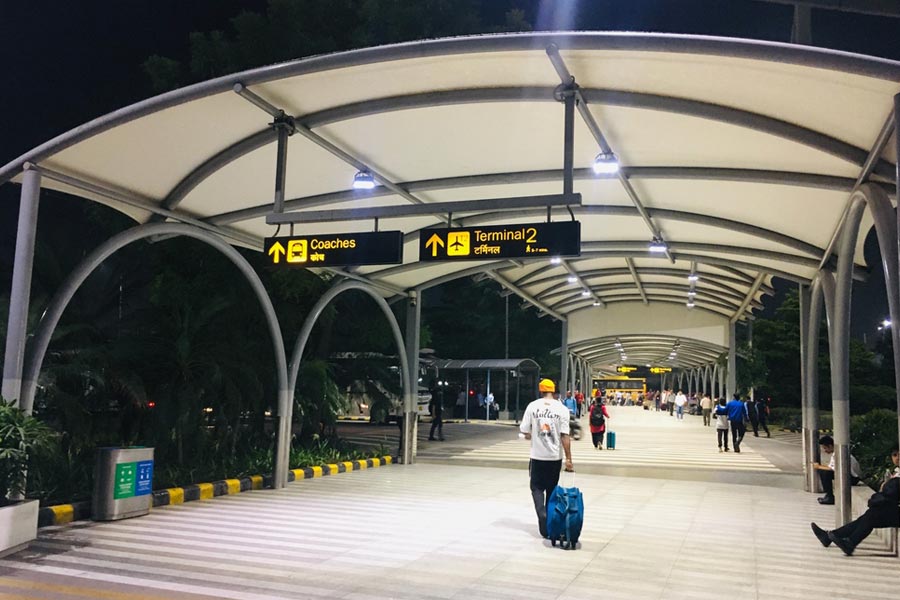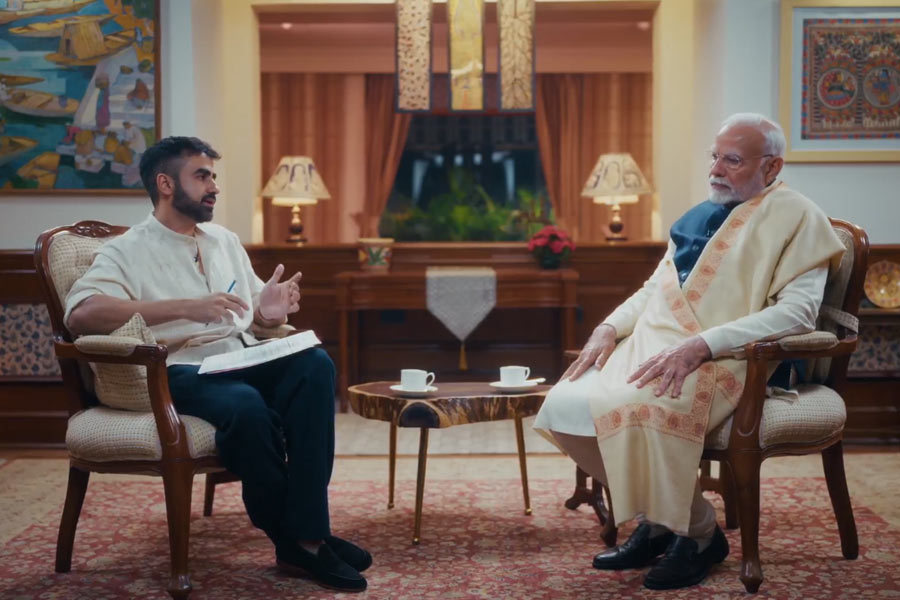Feeling trapped in Covid 19. During the time of the coronavirus pandemic, the impact of quarantine on mental health of the population cannot be overlooked.
History has evidence that the impact of quarantine is negative on the mental health of individuals.
In order to be able to cope with the impact of quarantine and a possible infection from the virus, we need to make the public more resilient mentally.
A recent study by the medical journal, The Lancet, states that the impact of quarantine includes symptoms of post-traumatic stress disorder, feelings of confusion, anger and anxiety.
Following are some practical tips during this difficult time.
At the macro level, governments and organisations can provide mental-health services online to the people. A number of mental health professionals are now offering telephonic counselling and online services. Important factual information can be shared by employers, so as to address the stressors of their population of employees.
At the individual level, the following can be done
- Follow regular timings: Make it a point to wake up at a particular time, get bathed, put on fresh clothes and start the day with a purpose.
- Make a routine: Plan the day so that certain tasks are done in the morning and the rest in the evening.
- Schedule “worry time”: It is only natural to “worry” about the current situation and the future at a time like this. It helps to put aside 15 to 20 minutes a day as “worry time”.
- During this time, write down all your worries and give yourself the time and space to reflect on them.
- If your worries come to your mind at another time of the day, push them aside. It may sound silly initially, but eventually one gets conditioned to this.
- If your worries are anxiety-provoking, consider talking about them to someone or reach out for professional help.
- Focus on the positives: For many of us, quarantine time is when we can do many of the things we would not have otherwise had the time to do, such as cleaning home, reading books, cooking, spending time with the family, painting, playing a musical instrument etc.
- Practise mindfulness: Mindfulness means paying attention to the here and now, while becoming aware of your feelings and thoughts, and bodily changes, if any.
- For example, chew your food diligently, enjoy your time spent listening to music, staying in the here and now while spending time with your family.
- Stay connected: In order to avoid feeling isolated, keep in touch with friends and colleagues via phone calls, text messages and video calls.
- If you stay alone, make sure you keep in touch with someone via telephone who can check on you at least once a day.
Keep important telephone numbers handy and try to follow all the above!
While keeping all the above in mind, if you feel distressed, please reach out for professional help.
- The author is a psychotherapist and works in the education sector and is attached to NGOs and schools. She is also counsellor for Calcutta International School










